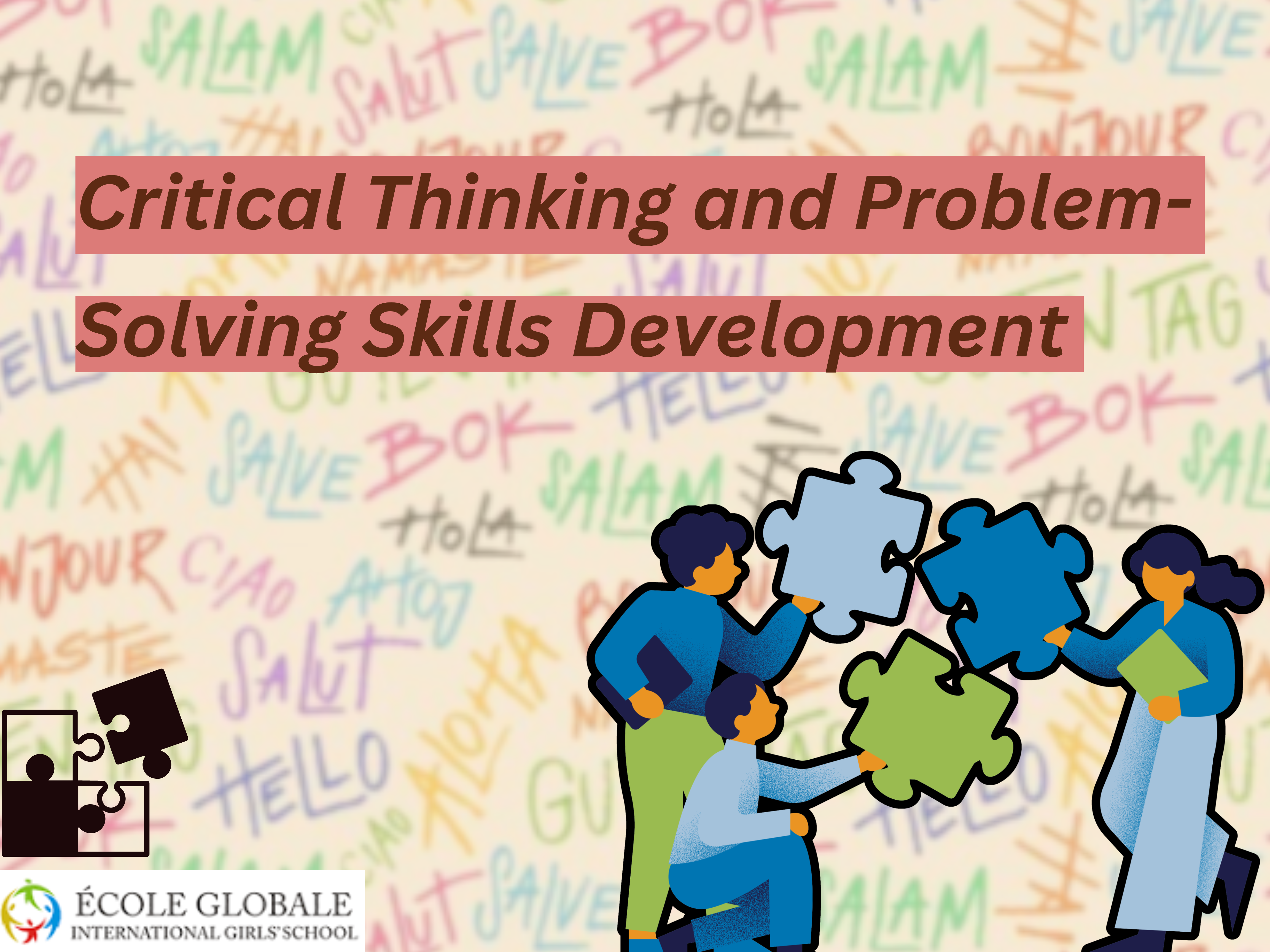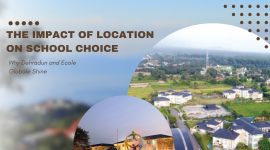In the contemporary educational landscape, the emphasis on critical thinking and problem-solving skills has surged, marking these abilities as quintessential for student success both within academic environments and beyond.
The scenic city of Dehradun, nestled in the lap of the Himalayas, is home to some of the finest boarding schools in India. These schools have long been recognized for their holistic educational approaches, which blend rigorous academic curricula with character-building extracurricular activities.
Among these prestigious institutions, Ecole Globale International Girls’ School stands out for its unique focus on nurturing critical thinking and problem-solving skills. This article explores how boarding schools in Dehradun, particularly Ecole Globale, foster these vital competencies in their students.
The Importance of Critical Thinking and Problem-Solving Skills

Before delving into the methodologies employed by boarding schools in Dehradun, it is crucial to understand why critical thinking and problem-solving skills are so essential.
In an increasingly complex and rapidly changing world, the ability to analyze information critically, make informed decisions, and solve problems efficiently is indispensable.
These skills not only enhance academic performance but also prepare students for real-world challenges, fostering adaptability, creativity, and resilience.
Boarding Schools in Dehradun: A Tradition of Excellence

Dehradun, often referred to as the ‘School Capital of India,’ boasts a rich heritage of quality education. The boarding schools in Dehradun are renowned for their picturesque campuses, state-of-the-art facilities, and comprehensive educational programs.
These schools have consistently produced alumni who excel in various fields, from academia to business and beyond. The serene environment of Dehradun, coupled with the disciplined lifestyle of boarding schools, provides an ideal setting for nurturing young minds.
Ecole Globale International Girls’ School: A Pioneer in Holistic Education

Ecole Globale International Girls’ School exemplifies the best of what schools in Dehradun have to offer.
With a mission to empower young women through education, Ecole Globale integrates a robust academic curriculum with extensive extracurricular programs designed to develop well-rounded individuals.
The school’s emphasis on critical thinking and problem-solving is woven into the fabric of its educational philosophy.
Curriculum Design and Teaching Methodologies

At Ecole Globale, the curriculum is meticulously designed to encourage intellectual curiosity and independent thinking. Subjects are not taught in isolation but are interconnected, fostering a multidisciplinary approach to learning. This method helps students understand the relevance of their studies to real-world scenarios and enhances their problem-solving capabilities.
- Inquiry-Based Learning: One of the cornerstones of Ecole Globale’s teaching methodology is inquiry-based learning. This approach encourages students to ask questions, conduct research, and engage in discussions, thereby developing critical thinking skills. Teachers act as facilitators, guiding students through the process of exploration and discovery.
- Project-Based Learning: Projects are an integral part of the curriculum, providing students with opportunities to apply theoretical knowledge to practical situations. This hands-on experience is crucial for developing problem-solving skills. Projects often involve collaboration, allowing students to work in teams, share ideas, and find innovative solutions to complex problems.
- Socratic Seminars: Ecole Globale frequently employs Socratic seminars, where students engage in critical discussions about various topics. These seminars promote deep thinking and help students articulate their thoughts clearly and confidently. The emphasis is on reasoning and evidence-based arguments, which are key components of critical thinking.
Extracurricular Activities and Skill Development
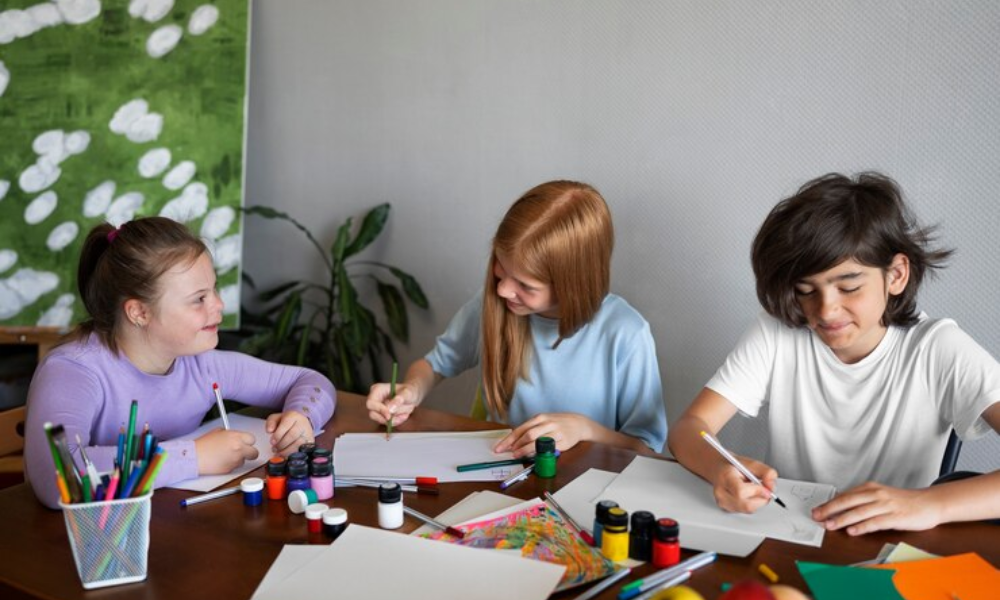
Beyond the classroom, Ecole Globale offers a plethora of extracurricular activities aimed at fostering critical thinking and problem-solving skills. These activities range from debates and public speaking to science clubs and community service projects.
- Debates and Model United Nations (MUN): Debating and MUN activities are particularly effective in enhancing critical thinking. Students must research their topics thoroughly, anticipate counterarguments, and present their points persuasively. This process not only improves their knowledge but also hones their analytical and oratory skills.
- STEM Programs: Science, Technology, Engineering, and Mathematics (STEM) programs at Ecole Globale are designed to stimulate curiosity and innovation. Students engage in experiments, robotics, and coding projects, which require logical reasoning and problem-solving. These activities are instrumental in preparing students for future careers in tech-driven fields.
- Community Service: Community service projects allow students to address real-world problems and make a positive impact on society. Through these projects, students learn to identify issues, develop action plans, and implement solutions. This practical experience is invaluable in building problem-solving skills and social responsibility.
The Role of Teachers and Mentors
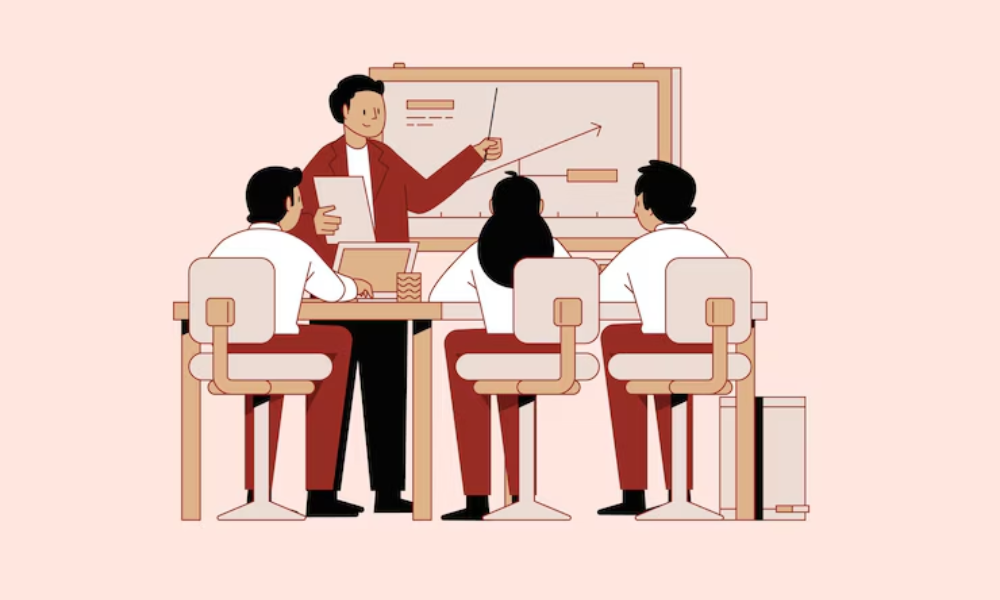
Teachers and mentors play a pivotal role in fostering critical thinking and problem-solving skills at Ecole Globale. The school invests in continuous professional development to ensure that educators are equipped with the latest teaching strategies and technologies.
- Mentorship Programs: Each student at Ecole Globale is paired with a mentor who provides personalized guidance and support. Mentors help students set goals, navigate challenges, and reflect on their learning experiences. This one-on-one interaction is crucial for developing self-awareness and independent thinking.
- Professional Development: Teachers regularly participate in workshops and training sessions focused on innovative teaching methodologies. These programs keep educators abreast of new developments in pedagogy and technology, enabling them to create dynamic and engaging learning environments.
Technology Integration
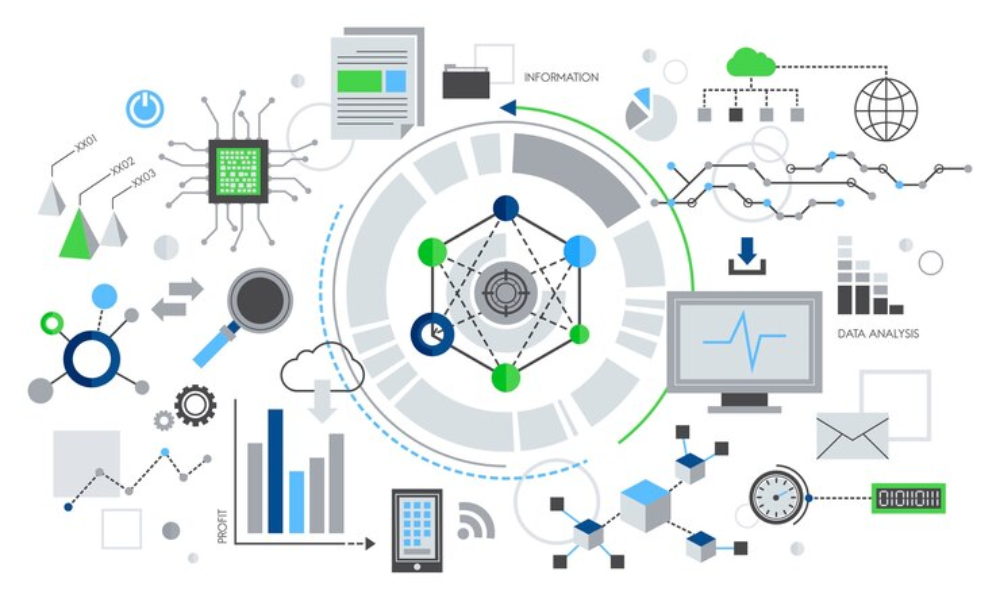
In today’s digital age, proficiency in technology is a fundamental aspect of critical thinking and problem-solving. Ecole Globale integrates technology seamlessly into its curriculum to enhance learning outcomes.
- Digital Classrooms: Classrooms are equipped with interactive smart boards and digital tools that facilitate dynamic teaching and learning experiences. These technologies enable access to a wealth of online resources, simulations, and interactive activities that enrich the educational process.
- Coding and Robotics: The school offers specialized courses in coding and robotics, which are essential for developing logical reasoning and computational thinking. Students learn to write code, build robots, and create algorithms, fostering a problem-solving mindset.
- Online Platforms: Ecole Globale utilizes online platforms for assignments, assessments, and collaborative projects. These platforms enable students to work together, share resources, and receive feedback in real-time, enhancing their critical thinking and problem-solving skills.
Fostering a Growth Mindset
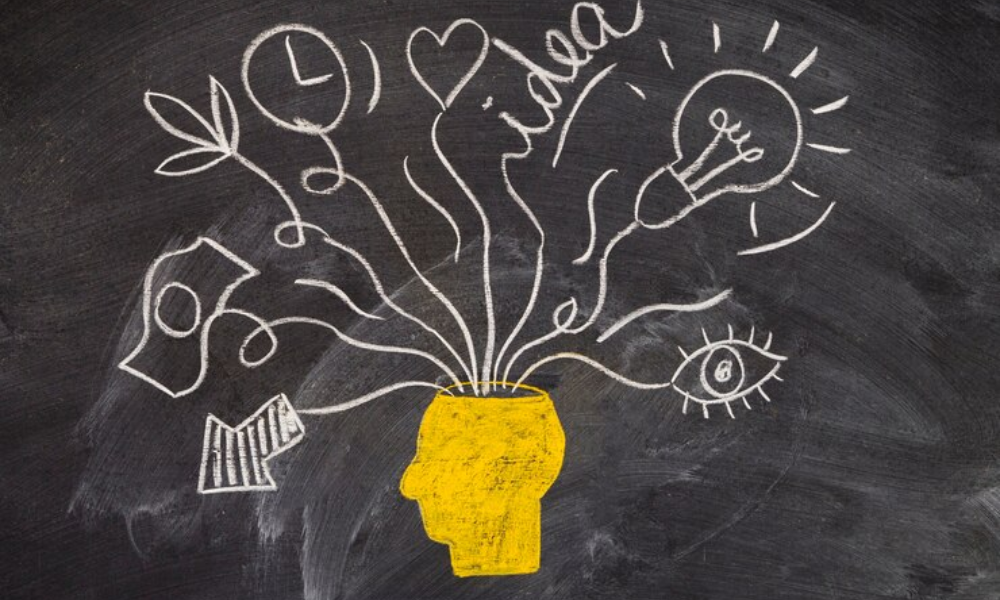
A growth mindset, the belief that abilities can be developed through dedication and hard work, is integral to nurturing critical thinking and problem-solving skills. Ecole Globale encourages a growth mindset through various initiatives.
- Encouraging Resilience: Students are taught to view challenges as opportunities for growth. This perspective helps them develop resilience and persistence, which are essential for effective problem-solving.
- Celebrating Effort: The school celebrates effort and improvement, rather than just success. This approach motivates students to take risks and embrace challenges without fear of failure.
- Reflective Practices: Reflection is a key component of the learning process at Ecole Globale. Students regularly reflect on their experiences, analyze their strengths and weaknesses, and set goals for improvement. This practice enhances self-awareness and critical thinking.
Parental Involvement

Parental involvement is crucial in the development of critical thinking and problem-solving skills. Ecole Globale actively engages parents in the educational process through various programs and initiatives.
- Workshops and Seminars: The school organizes workshops and seminars for parents on topics related to child development, education strategies, and the importance of critical thinking and problem-solving skills. These sessions equip parents with the knowledge and tools to support their children’s learning at home.
- Regular Communication: Ecole Globale maintains regular communication with parents through meetings, reports, and digital platforms. This open line of communication ensures that parents are informed about their children’s progress and can provide appropriate support.
- Parent-Teacher Partnerships: The school fosters strong partnerships between parents and teachers. Collaborative efforts ensure that students receive consistent guidance and encouragement both at school and at home.
Success Stories

The impact of Ecole Globale’s emphasis on critical thinking and problem-solving is evident in the success stories of its students.
Alumni of the school have gone on to excel in various fields, from academia and research to entrepreneurship and social work.
Their achievements are a testament to the school’s commitment to holistic education and the development of essential life skills.
Conclusion
Boarding schools in Dehradun, particularly Ecole Globale International Girls’ School, are at the forefront of fostering critical thinking and problem-solving skills in students.
Through innovative curricula, engaging extracurricular activities, dedicated mentorship, and cutting-edge technology, these schools provide an environment where students can thrive academically and personally.
As the world continues to evolve, the ability to think critically and solve problems creatively will remain paramount. Ecole Globale’s holistic approach ensures that its students are well-equipped to meet the challenges of the future with confidence and competence.






